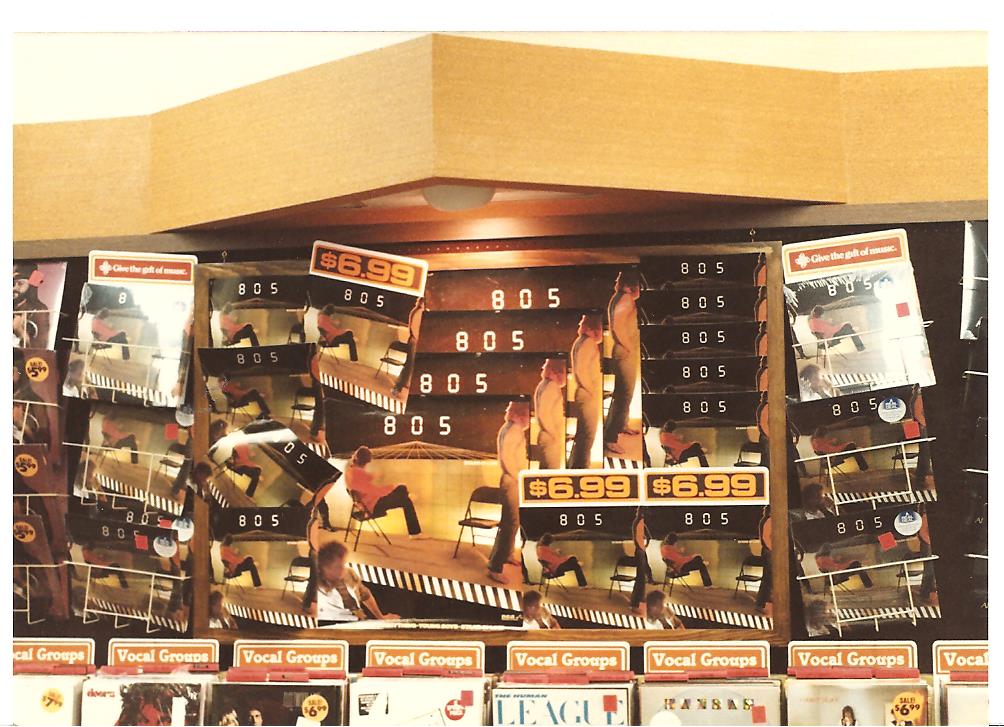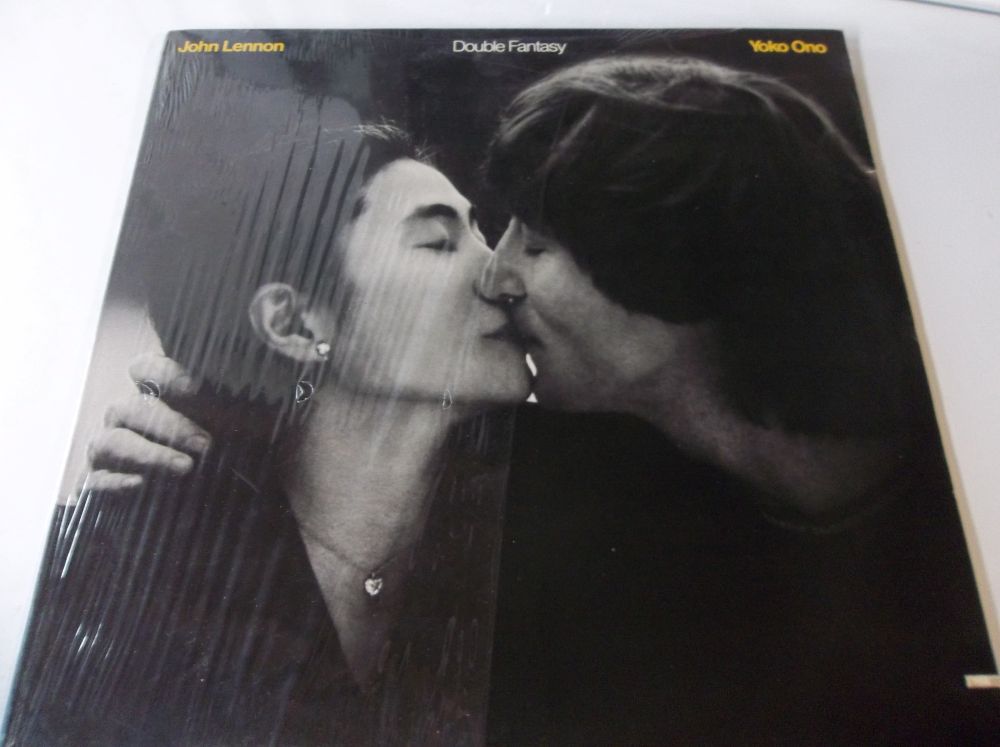Key Takeaway
This week’s chart carried the weight of John Lennon’s tragic death just a month earlier, while also signaling fresh voices ready to define the coming decade.
Music was in mourning, yet also surging forward with energy, rebellion, and resilience.
A Snapshot in Time
Before diving into the music, here’s what else was happening in the world:
International Relations:
The US was finalizing an agreement with Iran that could lead to the release of American hostages, ending a 444-day standoff that had gripped the nation.
Philippines:
President Marcos issued a proclamation to formally end martial law, although he retained many of his presidential powers.
Music:
John Lennon’s "(Just Like) Starting Over" was in the middle of its five-week run at #1 on the Billboard Hot 100.
Nikki Sixx officially left his band London to form a new group—Mötley Crüe—planting the seeds for glam metal’s dominance later in the decade.
Other Events:
Billy Sims of the Detroit Lions was named the AP NFL Offensive Rookie of the Year.
Karen Black hosted Saturday Night Live with musical guests Cheap Trick and the Stanley Clarke Trio.
Just as America was experiencing that moment, these were the albums spinning on turntables nationwide.
This Week’s Top Ten Albums in America
Double Fantasy – John Lennon/Yoko Ono
Crimes Of Passion – Pat Benatar
Hotter Than July – Stevie Wonder
Kenny Rogers' Greatest Hits – Kenny Rogers
Guilty – Barbra Streisand
Back In Black – AC/DC
The Jazz Singer – Neil Diamond
Zenyatta Mondatta – The Police
Gaucho – Steely Dan
Eagles Live – Eagles
Album of the Week Spotlight
John Lennon-Double Fantasy
Album of the Week Spotlight
John Lennon– Double Fantasy
Released on November 17, 1980, Double Fantasy became John Lennon’s return to music after a five-year break, during which he had stepped away to raise his son, Sean.
Initial reviews were mixed—some critics dismissed the album as “domestic bliss pop.” But the shocking event of December 8, 1980—Lennon’s murder in New York City—transformed the record into both a memorial and a final artistic statement.
In the weeks following his death, demand skyrocketed. Fans who had hesitated rushed to buy it, and the album surged to #1, where it stayed for eight weeks.
Songs like "(Just Like) Starting Over", "Watching the Wheels", and "Woman" became not just hits, but emotional farewells.
Culturally, Double Fantasy was both heartbreaking and healing.
It reminded listeners of Lennon’s genius, while also showing a vulnerable, family-centered side of the rock legend that resonated deeply during a time of loss.
My Connection
At Camelot Music, I honestly didn't know what to expect. 3 years earlier we had personally experienced Elvis Presley's Death and the aftermath from a record store perspective.
That was massive impact on people (customers) stopping by and searching for any missing Elvis recordings they didn't own but really enjoyed and wanted to add to their collection.
You can go to my post, Top Ten Albums-The Week Of August 16,1977 to read more
In my store at Eastview Mall, I never experienced anything close to the Elvis experience.
Double Fantasy was always in stock, I never ran out. I did sell a few more copies than normal.
It seemed like people were in shock about it, and went ahead with their Christmas shopping plans for the Holiday season.
Meanwhile, albums like AC/DC’s Back in Black and Pat Benatar’s Crimes of Passion gave the sales floor its energy—proof that rock was alive and loud, even in Lennon’s absence.

Camelot Music- Eastview Mall
Reflections & Insights
This chart week feels like a crossroads. Lennon’s Double Fantasy dominated, a record turned into a monument.
But look closer at the list and you see the rising 1980s: Benatar representing the power of women in rock, The Police defining new wave, AC/DC charging forward after tragedy of their own with Bon Scott’s death.
The old guard (Eagles, Steely Dan, Neil Diamond) still stood strong, but the baton was clearly being passed.
The music world was in mourning, but it was also evolving.
That tension is what makes January 1981 unforgettable.
Trivia Corner
Fun Fact 1: The album’s title came from a flower Lennon spotted at a Bermuda botanical garden. He thought it perfectly symbolized the balance between his songs and Yoko Ono’s.
Fun Fact 2: Back in Black, sitting at #6, was itself a tribute album—AC/DC’s salute to late singer Bon Scott. By 1981, it was already climbing toward becoming one of the best-selling records of all time.
Frequently Asked Questions (FAQ)
Q: Why was Double Fantasy so popular after John Lennon’s death?
A: The album became Lennon’s final release, and fans wanted to connect with his last musical statement. Its sudden rise to #1 was driven by both grief and appreciation.
Q: Was Yoko Ono’s music well received on the album?
A: At first, critics were dismissive, but over time her songs have been reassessed. Today, many view her contributions as essential to the album’s theme of partnership.
Q: What other big albums came out around this time?
A: AC/DC’s Back in Black, Pat Benatar’s Crimes of Passion, and The Police’s Zenyatta Mondatta were all shaping the sound of the early ’80s.
Q: Did Lennon plan to tour for Double Fantasy?
A: Yes. Reports indicate he was considering a 1981 tour, which would have been his first live performances since 1975. His death ended those plans.
Join The Conversation
What were you listening to this week in history? Did you buy one of these albums when it was new?
Share your memories below, or join the discussion on our Music in the 1970s Facebook page to keep the needle spinning.
Follow Music In The 1970s
Love classic rock, soul, and everything 70s?
Join us for daily album insights, rare stories, and lively discussions.
Keep the golden era of music alive with fellow fans!
Visit Music In The 1970s

Leave a Reply